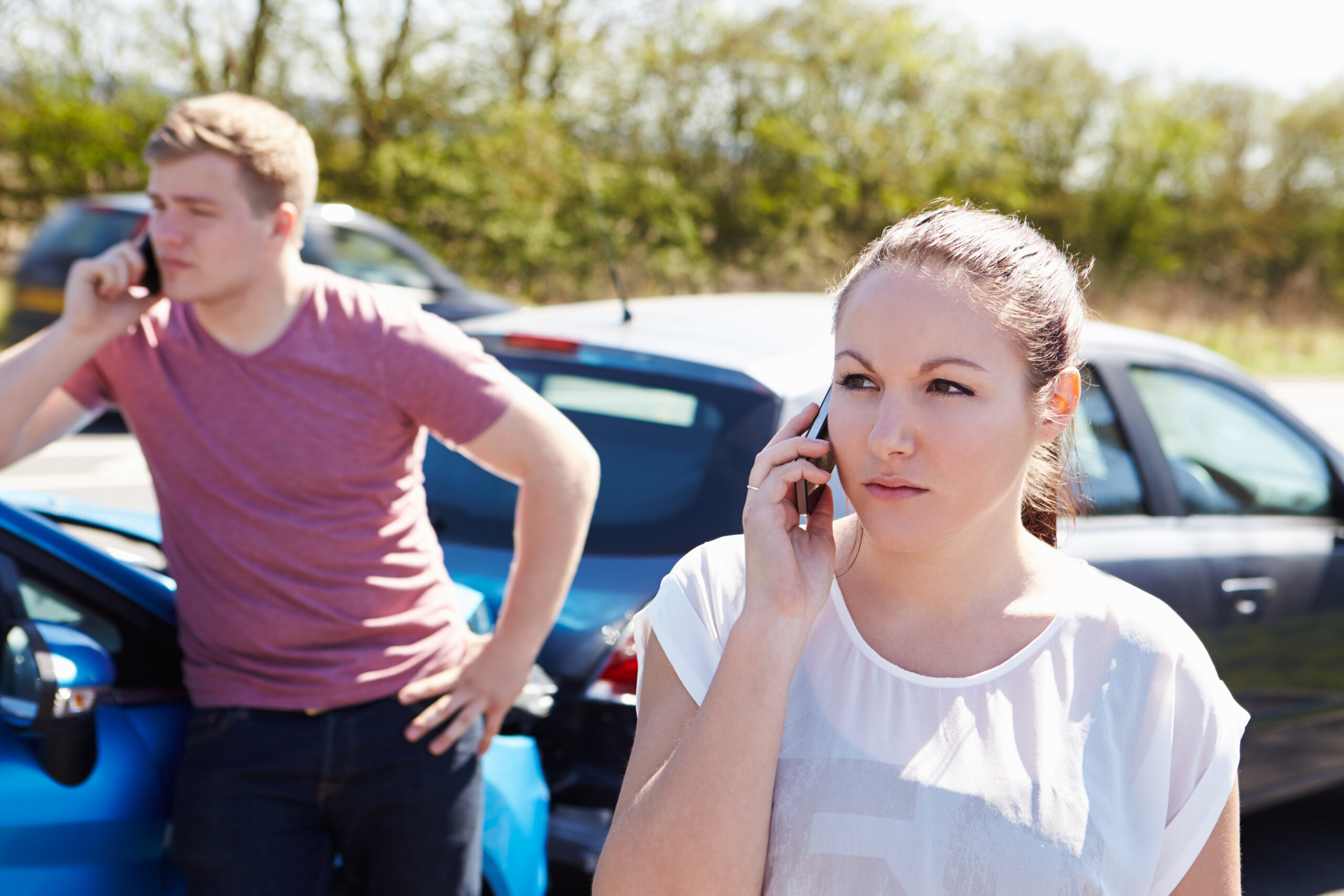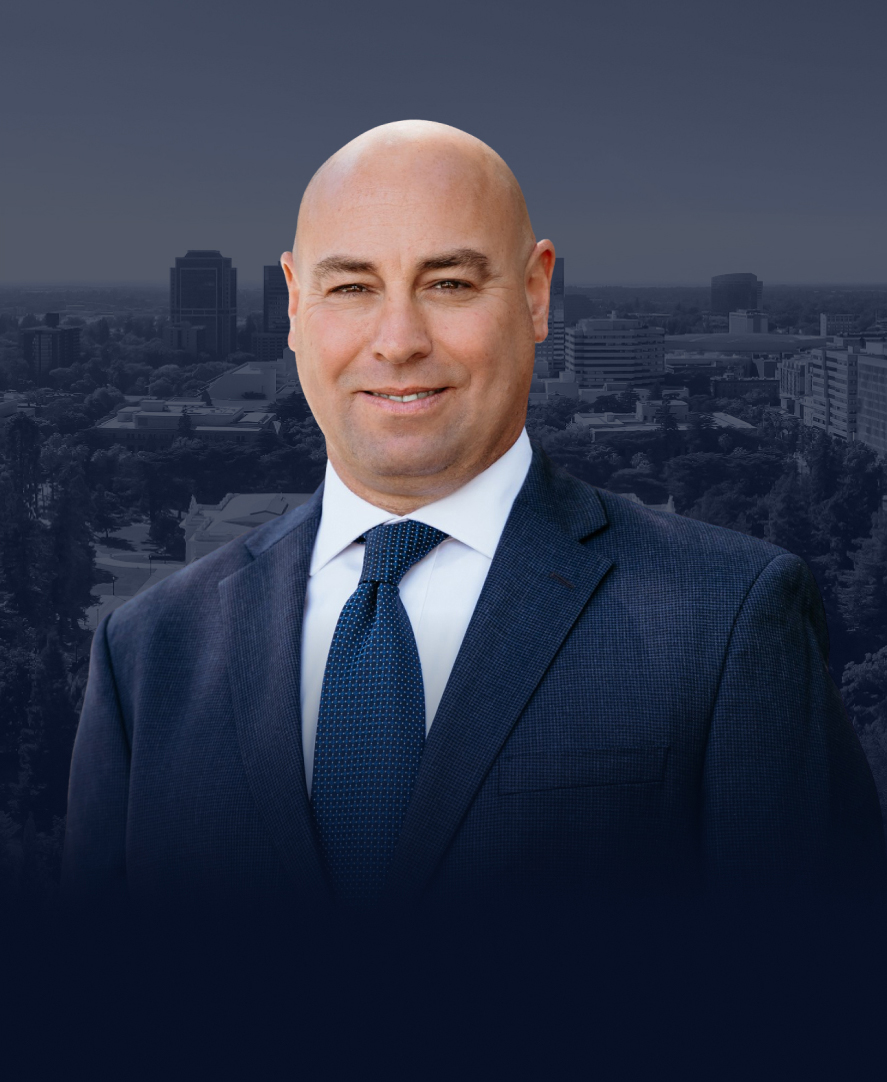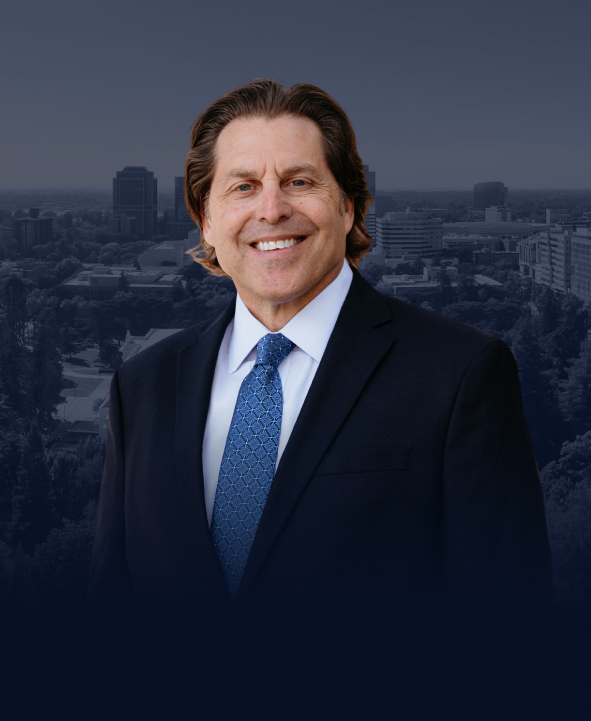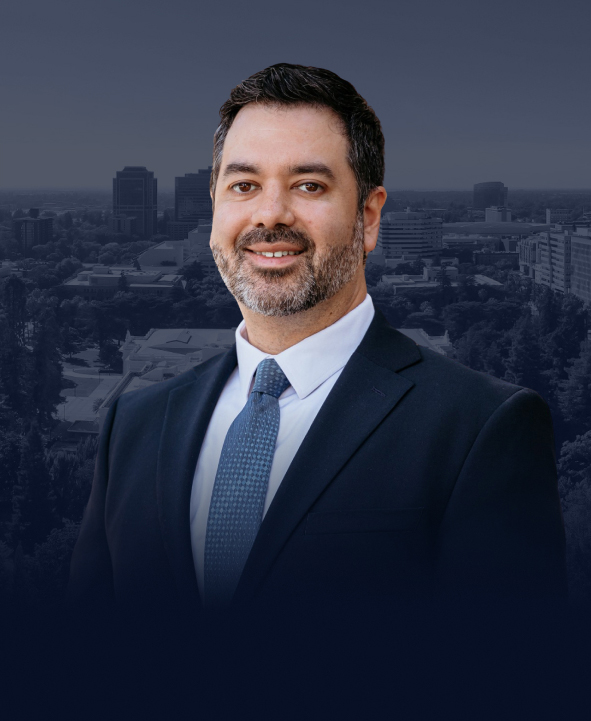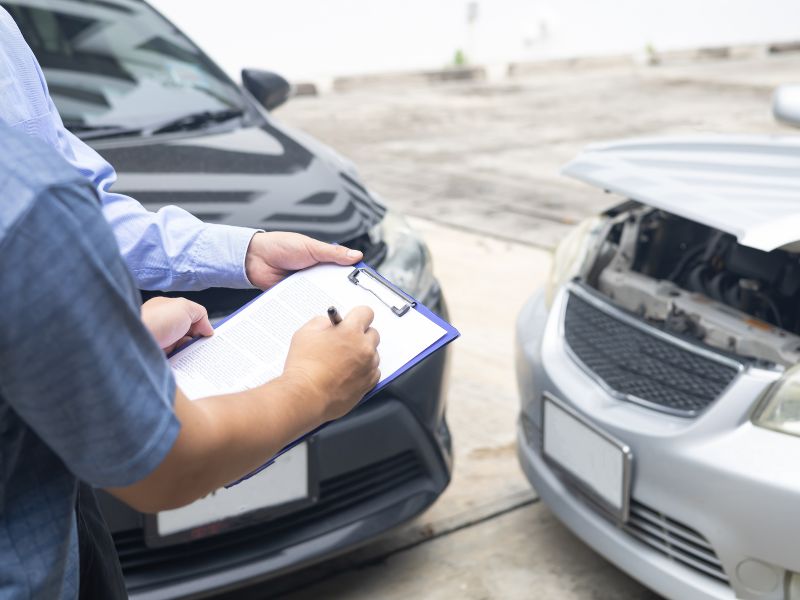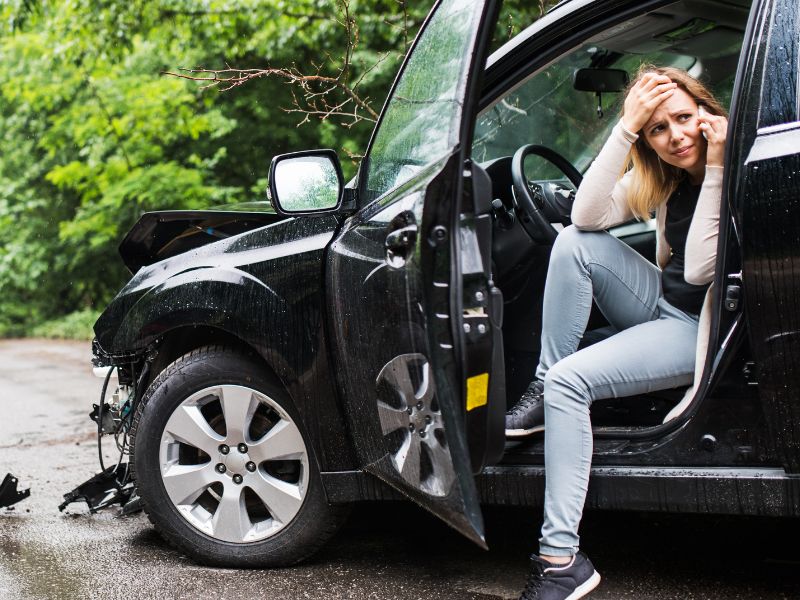If you’re involved in a car accident, you want to get compensation for your injuries and other losses as quickly as possible. But whether you’ll recover any compensation at all turns on a seemingly simple question: Who’s to blame for the accident?
The question of fault is a crucial one in any car accident insurance claim or lawsuit. Determining fault isn’t always as easy as it looks. If you’re found to be at fault for the accident, you may be blocked from recovering any compensation whatsoever. Even a finding of partial fault could significantly reduce your award.
Your best bet after a serious accident is to hire an experienced, aggressive car accident lawyer. The attorneys at Demas Law Group have been helping California car accident victims for more than 25 years. During that time, we’ve helped our clients recover tens of millions of dollars in compensation.
To learn more about our legal services and how we can help you with your case, call us today or visit our contact page. Your initial consultation is free.
Who Determines Fault in a California Car Accident?
While the police or another law enforcement entity may investigate the accident and issue traffic citations, they are not the ones who ultimately determine who is to blame for the collision. Police reports are often used as evidence to determine fault, but if the parties involved in an accident and their insurance companies can’t agree on who was to blame, the issue will be decided by the courts.
The burden of proof works a little bit differently in civil suits than in criminal court proceedings. In a criminal case, the prosecutor must demonstrate “beyond a reasonable doubt” that the defendant is guilty. By contrast, a plaintiff in a civil suit must show that a defendant is liable by a “preponderance of the evidence,” which is a much lower standard. A “preponderance of the evidence” essentially means “more likely than not.”
While it is comparatively easier to “win” a civil lawsuit than a criminal prosecution, doing so is still difficult without help from a seasoned and driven attorney.
What Role Does Fault Play in a Car Accident Lawsuit?
While some areas of the U.S. use a no-fault system for car accidents, California is not one of them. If you’re involved in a car accident in California, you have a right to pursue legal action against the other drivers involved in the crash.
There are pros and cons to this. A no-fault approach generally means everyone involved in a crash gets at least some compensation, though they may not get as much as they would through a lawsuit. On the other hand, filing a lawsuit is both time-consuming and expensive, and there’s no guarantee that you’ll get the outcome you want.
As California is an at-fault state, the fault is often the key issue in a car accident lawsuit. According to state law, the party who files a car accident lawsuit must prove the other driver or drivers involved in the crash were negligent in some way. A person is negligent is when they fail to use the reasonable care and prudence that is legally expected of them under the circumstances.
For example, a driver is expected to operate their vehicle in a reasonably safe manner to prevent injuring themselves and others on the road. When a driver speeds through a red light, they’re failing to act in a reasonably safe manner, and they can be found to be negligent and at-fault for the car accident they cause.
In California, when an individual’s negligent actions or failure to act leads to a car accident and related injuries, they can be held accountable for the losses you suffered as a result. These losses may include, for example, medical bills, lost wages, damaged property, and pain and suffering.
Common Types of Evidence Indicating Fault for an Accident
You’ll need compelling evidence to prove fault in a car accident insurance claim or lawsuit. Some types of evidence that are commonly used in these proceedings include:
- Medical records
- Police reports
- Photos from the scene of the accident
- Eyewitness accounts
- Bills for property damage
- Testimony from the drivers
- Video footage of the crash
The more evidence you have in a car accident lawsuit, the stronger your case may be, and the better chance you may have of seeing a positive outcome. An experienced car accident lawyer can help you find the necessary evidence to build an ironclad case.
What Is Comparative Negligence?
California uses a doctrine known as “pure comparative negligence” when it comes to awarding compensation in car accident lawsuits. Basically, this means that any damages resulting from a lawsuit will be divided up according to the percentage of fault of everyone involved in the crash.
This is easy to demonstrate with a practical example. Suppose that you’re struck by a drunk driver while turning at an intersection and you did not have your turn signal on. You are awarded $100,000 in damages. The courts find that the drunk driver is 90 percent responsible for the crash. However, you are found to be 10 percent responsible because you didn’t have your turn signal on. This means that you can only recover 90 percent of the compensation you asked for. In this example, 90 percent is $90,000.
Because of comparative negligence laws, maximizing your compensation involves minimizing the amount of fault attributed to you. Ideally, you want to show that the other driver was 100 percent to blame for the crash. An attorney can gather the evidence and build a persuasive case to help you seek maximum recovery.
Contact a Car Accident Lawyer in California Today
Our veteran attorneys at Demas Law Group know all the ins and outs of navigating insurance claims and lawsuits related to car accidents. We’re ready to provide you with the legal representation you deserve.
We offer free consultations, so don’t wait to learn about your legal options. Get started today by calling us or visiting our contact page.
